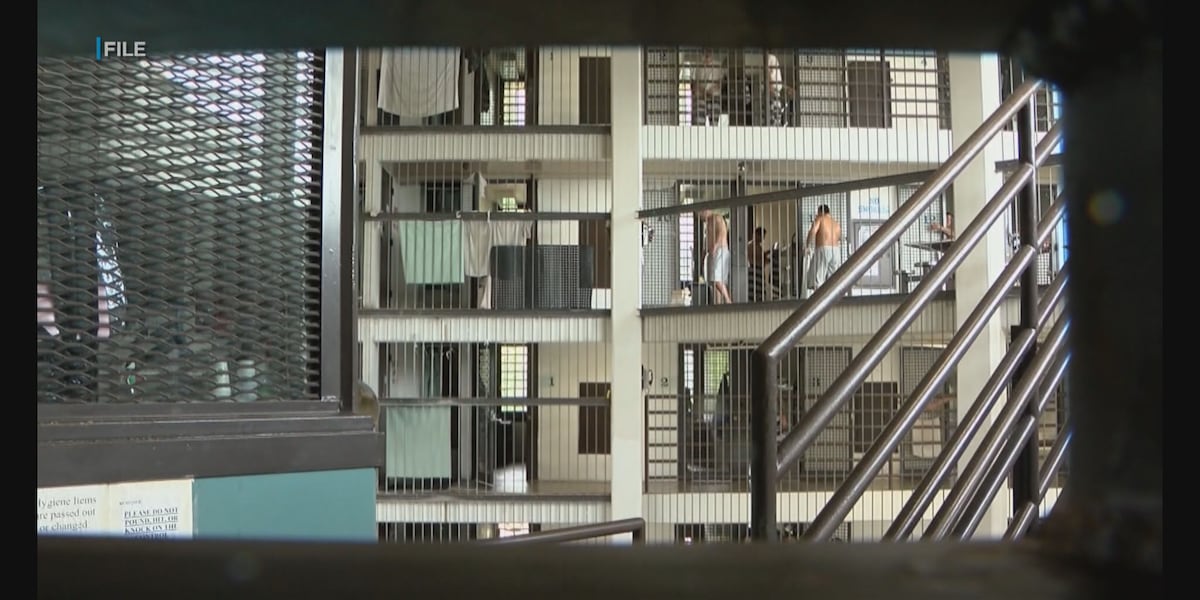Behind Bars and Breaking Point: Hawaii's Jail Crisis Exposed

A disturbing new report reveals the alarming state of Hawaii's correctional facilities, exposing a toxic work environment that is taking a severe toll on corrections officers' mental and physical health. The investigation uncovers a workplace so stressful and challenging that many employees are experiencing significant health issues, with some even contemplating suicide.
The report paints a grim picture of the daily challenges faced by corrections workers, highlighting systemic problems that create an unbearable work atmosphere. Employees are struggling with unprecedented levels of stress, burnout, and emotional exhaustion that go far beyond typical workplace pressures.
Mental health experts and corrections professionals are calling for immediate intervention, emphasizing the urgent need to address the toxic workplace culture that is pushing dedicated public servants to their breaking point. The findings underscore the critical importance of supporting those who work in one of society's most demanding and high-pressure professional environments.
As the report circulates, it raises serious questions about the working conditions in Hawaii's correctional system and the long-term impact on both staff and inmates. Immediate action is needed to create a safer, more supportive workplace for corrections officers who risk their well-being daily to maintain public safety.
